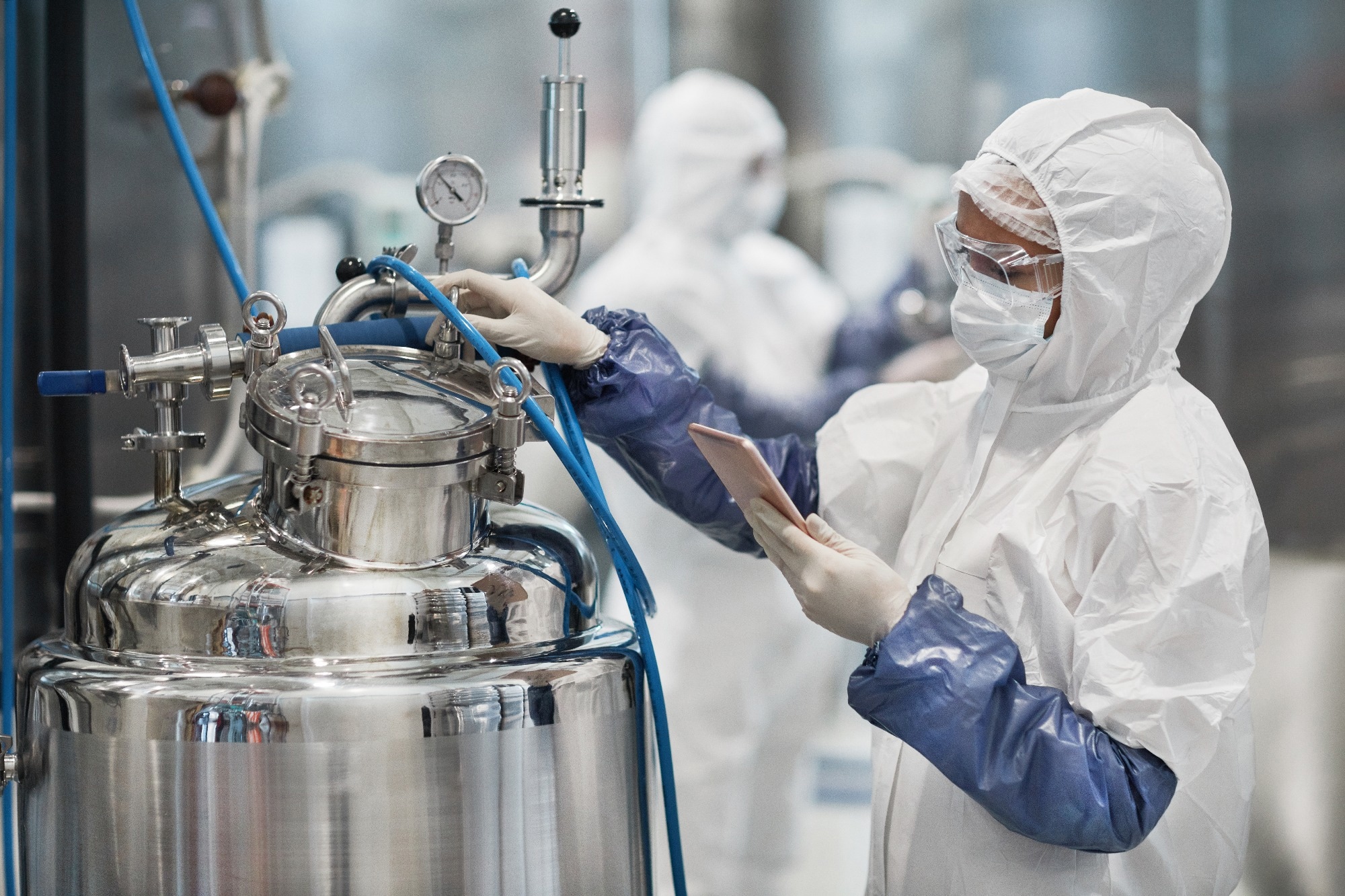
Image Credit: SeventyFour/Shutterstock.com
Often regarded as the unsung heroes of chemistry, catalysts are essential for quickening chemical reactions and are required for the production of the majority of manufactured goods. For instance, polyethylene, a widely used plastic in everyday items like bottles, containers, and automotive components, aids in transforming harmful gases emitted from a car's engine into less harmful substances.
Among these, ruthenium, a member of the platinum group metals, has become a crucial and frequently utilized catalyst. Nonetheless, despite its effectiveness and affordability, the application of highly reactive ruthenium catalysts is significantly challenged by their air sensitivity, which presents considerable difficulties.
This limitation means that, up until now, the use of ruthenium catalysts has been restricted to highly trained professionals equipped with specialized gear. Consequently, this constraint hampers the widespread implementation of ruthenium catalysis across various sectors.
In a groundbreaking study featured in Nature Chemistry, a team from The University of Manchester, in collaboration with AstraZeneca, a leading global biopharmaceutical firm, has introduced a ruthenium catalyst that remains stable in air over the long term without sacrificing the high reactivity required for driving transformative chemical reactions.
We are extremely excited about this discovery. Our new ruthenium catalyst boasts unparalleled reactivity while maintaining stability in air – a feat previously thought unattainable. As well as eliminating the need for specialized equipment or handling procedures, it also enables the user to run simultaneous reactions, facilitating rapid screening and streamlining optimization procedures. This means procedures are quicker, more environmentally friendly and the accumulation of large amounts of waste is prevented.
Gillian McArthur, Study Lead Author and Ph.D. Student, The University of Manchester
This breakthrough simplifies the handling and implementation of the catalyst and demonstrates its adaptability in a broad range of chemical transformations. This accessibility enables users without specialized expertise to leverage ruthenium catalysis.
The collaboration with AstraZeneca highlights the practicality of this new catalyst in industrial contexts, especially for enhancing the efficiency and sustainability of drug discovery and manufacturing processes.
Catalysis is a critical technology for AstraZeneca and the wider biopharmaceutical industry, especially as we look to develop and manufacture the next generation of medicines in a sustainable way. This new catalyst is a great addition to the toolbox and we are beginning to explore and understand its industrial applications.
Dr. James Douglas, Director, High-Throughput Experimentation, AstraZeneca
This innovative approach has already paved the way for uncovering new reactions that were previously unachievable with ruthenium. With its improved versatility and accessibility, the researchers are optimistic about the potential for further breakthroughs and innovations in the field.
Journal Reference:
McArthur, G., et al. (2024) An air- and moisture-stable ruthenium precatalyst for diverse reactivity. Nature Chemistry. doi.org/10.1038/s41557-024-01481-5